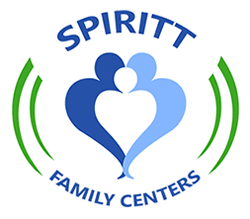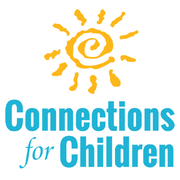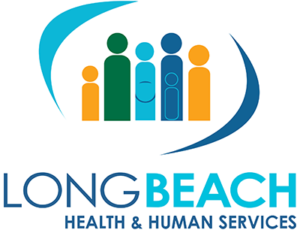


Why Reflect?
Reflection mediates human connectedness and belonging
At the heart of all successful relationships is our capacity to reflect. When we reflect on the thoughts, feelings, beliefs, plans, and intentions that underpin and motivate our own or another’s behavior, we create conditions for shared understanding. This builds empathy, social perspective taking, and relational security. Notably, reflective capacity in parents is highly predictive of attachment security in children.
When we reflect, we connect.
Building Staff Resilience and Buffering Against Workplace Stress
Frontline staff working with children and families are fiercely passionate about their work. Called to hold and advocate for the most vulnerable in our community, they deserve to be held themselves. Like first-responders, they meet trauma—acute, chronic, systemic—on a daily basis. Reflective practice helps offset the effects of secondary traumatic stress and burnout, creating brave spaces to think together about the work and its impacts—on those served as well as on oneself.
Ultimately, Children and Families Win
When these dedicated providers receive the benefits of reflective supervision, they are more likely to stay on the job. Work satisfaction and self-efficacy increases. Staff reflective capacity deepens and provides a return on investment; staff are better prepared to serve, and organizations are better prepared to respond to workplace and community needs. Program quality improves alongside child and family outcomes. Ultimately, families win. The next generation wins.
What is Reflective Practice?
Imagine being held in mind in ways that connect, uplift, and transform
Now, imagine holding another in mind in ways that connect, uplift, and transform.
Fully embedded reflective practice, supervision, and leadership is like a set of nesting dolls—one individual reflects on the other, who in turn reflects on another, and so on. Optimally, nested reflective practice travels bidirectionally in a parallel process—from CEO to management to frontline staff to the families, children, and community, and back again.

Imagine an organizational culture that is reflective, responsive, responsible
One where empathy and deep listening prevails. One dedicated to continuous critical self-reflection. Where inequities and racism are named and rectified. Where both leadership and staff are empowered and empowering. Where positional power and privilege are used intentionally to foster brave and liberating conversations. Where all voices—without exception—are invited and heard.

Imagine organizational reflective health
Organizations that more fully align mission, vision, values, and strategies with internal practices are better positioned to create growth-promoting work environments that engage and retain strong, satisfied staff in the service of more robust outcomes for children, families, communities.

Grow your team's capacity
Reflective practice embeds resilience throughout your organization
Reflective Praxis Consulting works with individuals, multidisciplinary teams, and your leadership to transform workplace culture. Our clients include:













